
Devenez membre d'Incathlab et bénéficiez d'un accès complet !
Inscription Connexion
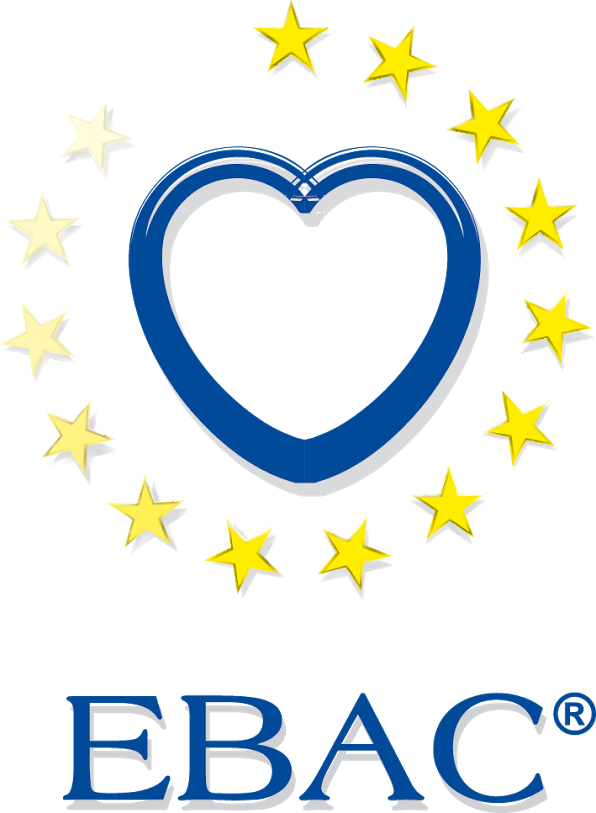 |
This programme is accredited by the European Board for Accreditation in Cardiology (EBAC) for 1 hour of external CME credit. Each participant should claim only those hours of credit that have actually been spent in the educational activity.
INTRODUCTION
The webinar discusses the benefits of the resorbable scaffold technology and how those are addressed by the Resorbable Magnesium Scaffold by reviewing the available data. You will learn more about the optimal patient- and lesion selection but also the current limitations of the current technology. The review of the next generation resorbable magnesium scaffold provides an outlook into the future for scaffolds - back on stage.
PROGRAM
|
12:30
|
The hope of resorbable scaffolds
Prof M. Haude |
| 12:35 |
Will the Resorbable Magnesium Scaffold proof the concept ? Prof M. Joner |
| 12:42 |
Panelist discussion
Faculty |
| 12:52 |
Is it time to be less restrictive in patient selection ? Prof J. Bennett |
| 13:02 |
Less restrictive, but with caution Prof M. Sabaté |
|
13:10
|
Panelist discussion Faculty |
|
13:20
|
The next generation Resorbable Magnesium Scaffold
Prof M. Haude |
|
13:27
|
Closing remarks
Prof M. Haude |
OBJECTIVES
- Learn about the benefits of the resorbable scaffolds technology
- Review of the available data of the drug eluting Resorbable Magnesium Scaffold (RMS)
- Learn about the practical aspects on case selection and implantation technique for RMS
- Learn more about the next generation magnesium scaffold
In compliance with EBAC guidelines, all speakers/chairpersons participating in this programme have disclosed or indicated potencial conflicts of interest which might cause a bias in the presentations. The Organizing Committee/Course Director is responsible for ensuring that all potencial conflicts of interest relevant to the event are declared to the audience prior to the CME activities.
CME PROVIDER: JIF Angio
Course Director: Prof. Michael Haude
Supported by an unrestricted grant from Biotronik
Dernière mise à jour : 16/03/2022
Participer à la discussion
Suggestions
Retry of an ostial LAD CTO, previous antegrade failure with Gaia family
Alex & The Young Generation - Ep.11
Everything you wanted to know about Recross without having to ask
Alex & The Young Generation - Ep.12
San Francisco : Mercredi 14 septembre 2022 de 09h à 10h (GMT+2)
New York : Mercredi 14 septembre 2022 de 12h à 13h (GMT+2)
Buenos Aires : Mercredi 14 septembre 2022 de 13h à 14h (GMT+2)
Reykjavik : Mercredi 14 septembre 2022 de 16h à 17h (GMT+2)
London / Dublin : Mercredi 14 septembre 2022 de 17h à 18h (GMT+2)
Paris / Berlin : Mercredi 14 septembre 2022 de 18h à 19h (GMT+2)
Istanbul : Mercredi 14 septembre 2022 de 19h à 20h (GMT+2)
Moscou / Dubaï : Mercredi 14 septembre 2022 de 20h à 21h (GMT+2)
Bangkok : Mercredi 14 septembre 2022 de 23h à 00h (GMT+2)
Shanghai : Jeudi 15 septembre 2022 de 00h à 01h (GMT+2)
Tokyo : Jeudi 15 septembre 2022 de 01h à 02h (GMT+2)
Sydney : Jeudi 15 septembre 2022 de 03h à 04h (GMT+2)
Wellington : Jeudi 15 septembre 2022 de 05h à 06h (GMT+2)
Protected PCI: Clinical Evidence and Best Practices Improvement
Impella Case Club
San Francisco : Vendredi 20 octobre 2023 de 08h à 10h15 (GMT+2)
New York : Vendredi 20 octobre 2023 de 11h à 13h15 (GMT+2)
Buenos Aires : Vendredi 20 octobre 2023 de 12h à 14h15 (GMT+2)
Reykjavik : Vendredi 20 octobre 2023 de 15h à 17h15 (GMT+2)
London / Dublin : Vendredi 20 octobre 2023 de 16h à 18h15 (GMT+2)
Paris / Berlin : Vendredi 20 octobre 2023 de 17h à 19h15 (GMT+2)
Istanbul : Vendredi 20 octobre 2023 de 18h à 20h15 (GMT+2)
Moscou / Dubaï : Vendredi 20 octobre 2023 de 19h à 21h15 (GMT+2)
Bangkok : Vendredi 20 octobre 2023 de 22h à 00h15 (GMT+2)
Shanghai : Vendredi 20 octobre 2023 de 23h à 01h15 (GMT+2)
Tokyo : Samedi 21 octobre 2023 de 00h à 02h15 (GMT+2)
Sydney : Samedi 21 octobre 2023 de 02h à 04h15 (GMT+2)
Wellington : Samedi 21 octobre 2023 de 04h à 06h15 (GMT+2)
Bifurcation PCI: an immersive experience
Live cases from the Visible Heart® Lab
San Francisco : Vendredi 17 février 2023 de 02h30 à 04h (GMT+1)
New York : Vendredi 17 février 2023 de 05h30 à 07h (GMT+1)
Buenos Aires : Vendredi 17 février 2023 de 07h30 à 09h (GMT+1)
London / Dublin : Vendredi 17 février 2023 de 10h30 à 12h (GMT+1)
Paris / Berlin : Vendredi 17 février 2023 de 11h30 à 13h (GMT+1)
Istanbul : Vendredi 17 février 2023 de 12h30 à 14h (GMT+1)
Moscou / Dubaï : Vendredi 17 février 2023 de 14h30 à 16h (GMT+1)
Bangkok : Vendredi 17 février 2023 de 17h30 à 19h (GMT+1)
Shanghai : Vendredi 17 février 2023 de 18h30 à 20h (GMT+1)
Tokyo : Vendredi 17 février 2023 de 19h30 à 21h (GMT+1)
Sydney : Vendredi 17 février 2023 de 20h30 à 22h (GMT+1)
Wellington : Vendredi 17 février 2023 de 22h30 à 00h (GMT+1)
Coronary sinus reducer
San Francisco : Jeudi 1 er juin 2023 de 08h à 09h (GMT+2)
New York : Jeudi 1 er juin 2023 de 11h à 12h (GMT+2)
Buenos Aires : Jeudi 1 er juin 2023 de 12h à 13h (GMT+2)
Reykjavik : Jeudi 1 er juin 2023 de 15h à 16h (GMT+2)
London / Dublin : Jeudi 1 er juin 2023 de 16h à 17h (GMT+2)
Paris / Berlin : Jeudi 1 er juin 2023 de 17h à 18h (GMT+2)
Istanbul : Jeudi 1 er juin 2023 de 18h à 19h (GMT+2)
Moscou / Dubaï : Jeudi 1 er juin 2023 de 19h à 20h (GMT+2)
Bangkok : Jeudi 1 er juin 2023 de 22h à 23h (GMT+2)
Shanghai : Jeudi 1 er juin 2023 de 23h à 00h (GMT+2)
Tokyo : Vendredi 2 juin 2023 de 00h à 01h (GMT+2)
Sydney : Vendredi 2 juin 2023 de 02h à 03h (GMT+2)
Wellington : Vendredi 2 juin 2023 de 04h à 05h (GMT+2)

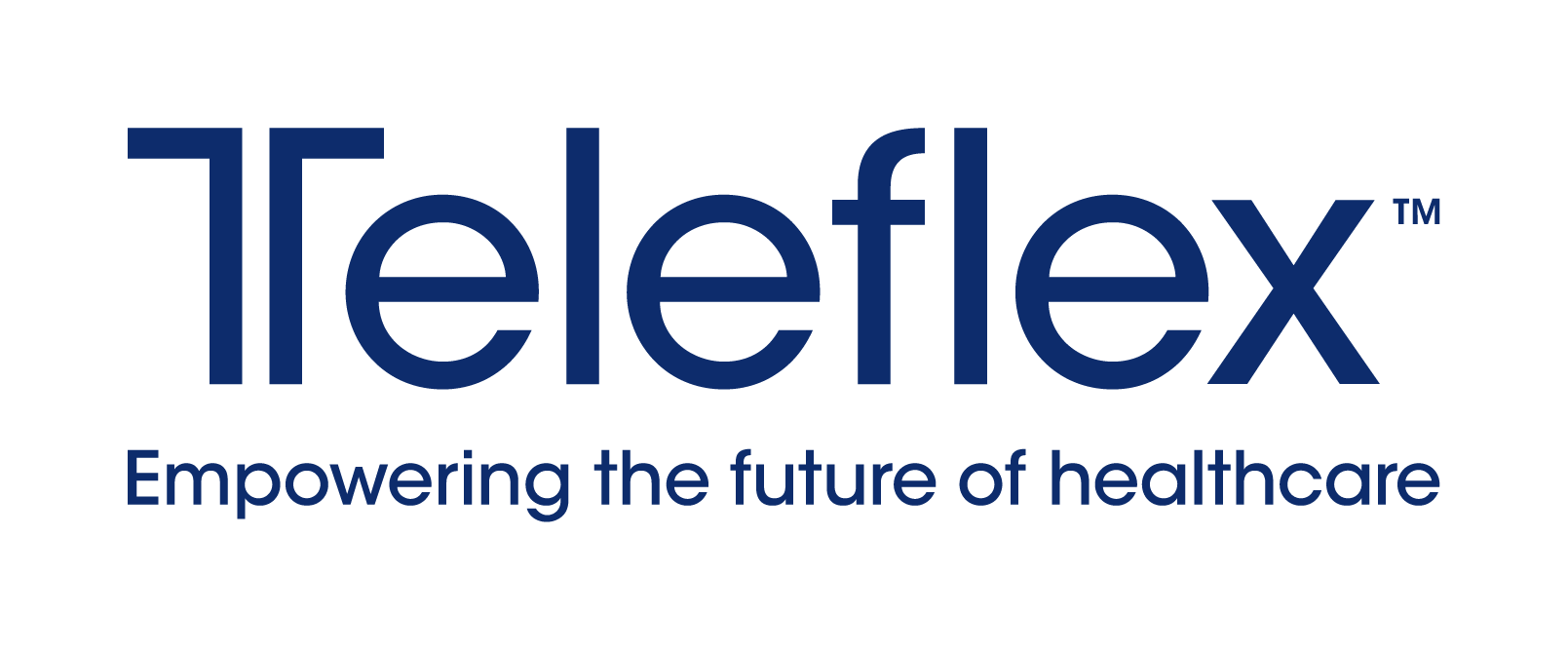
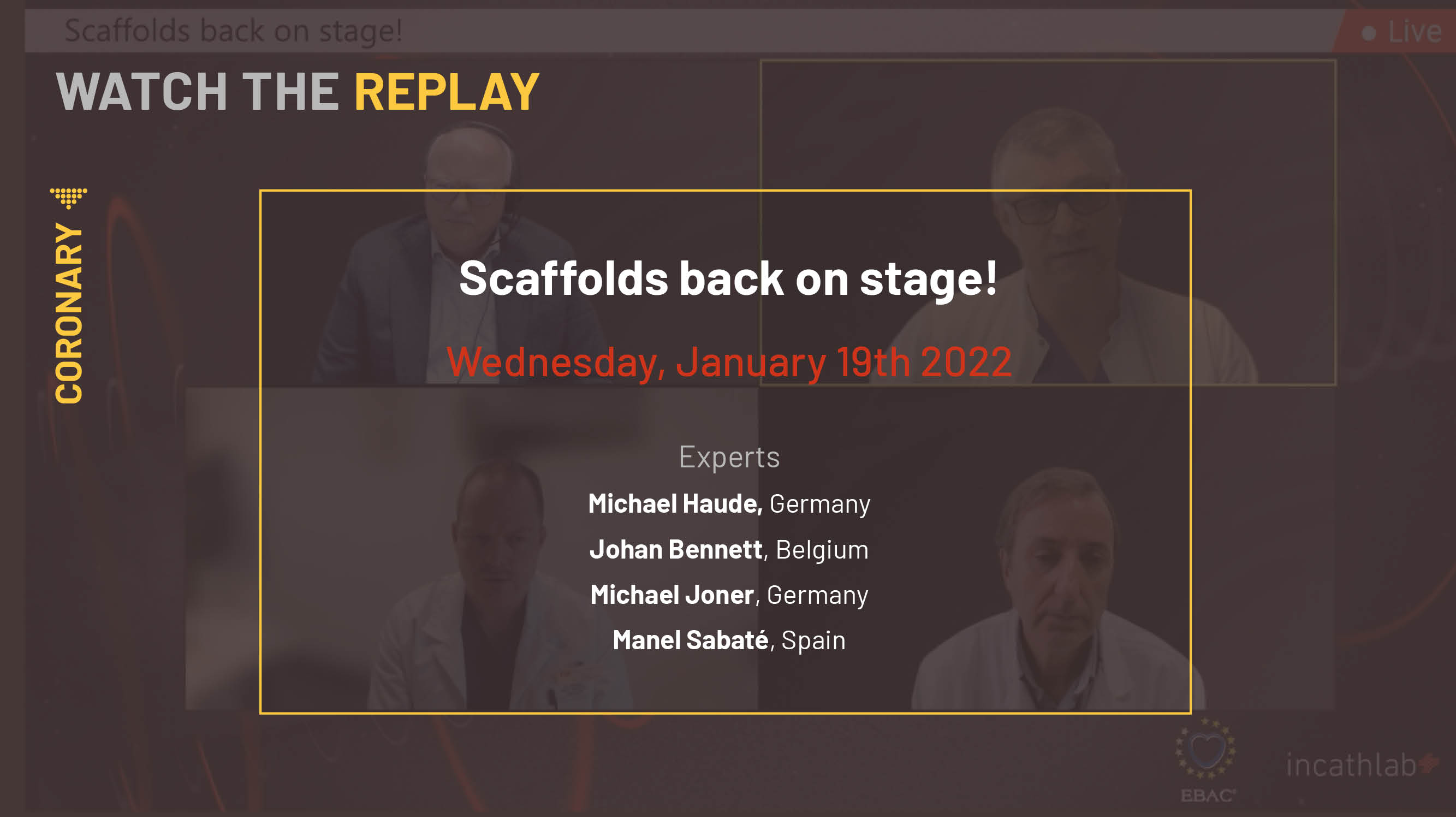
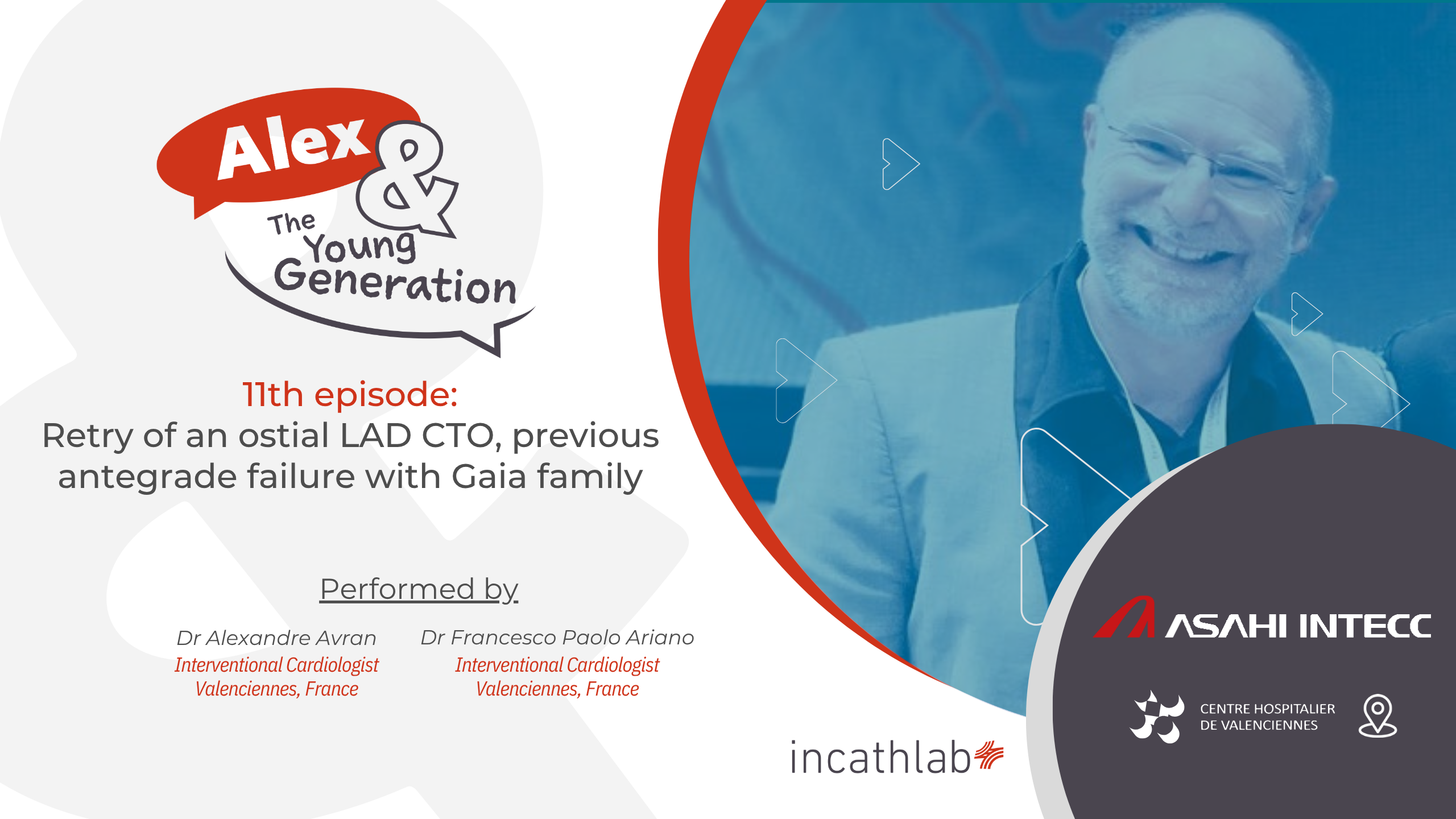
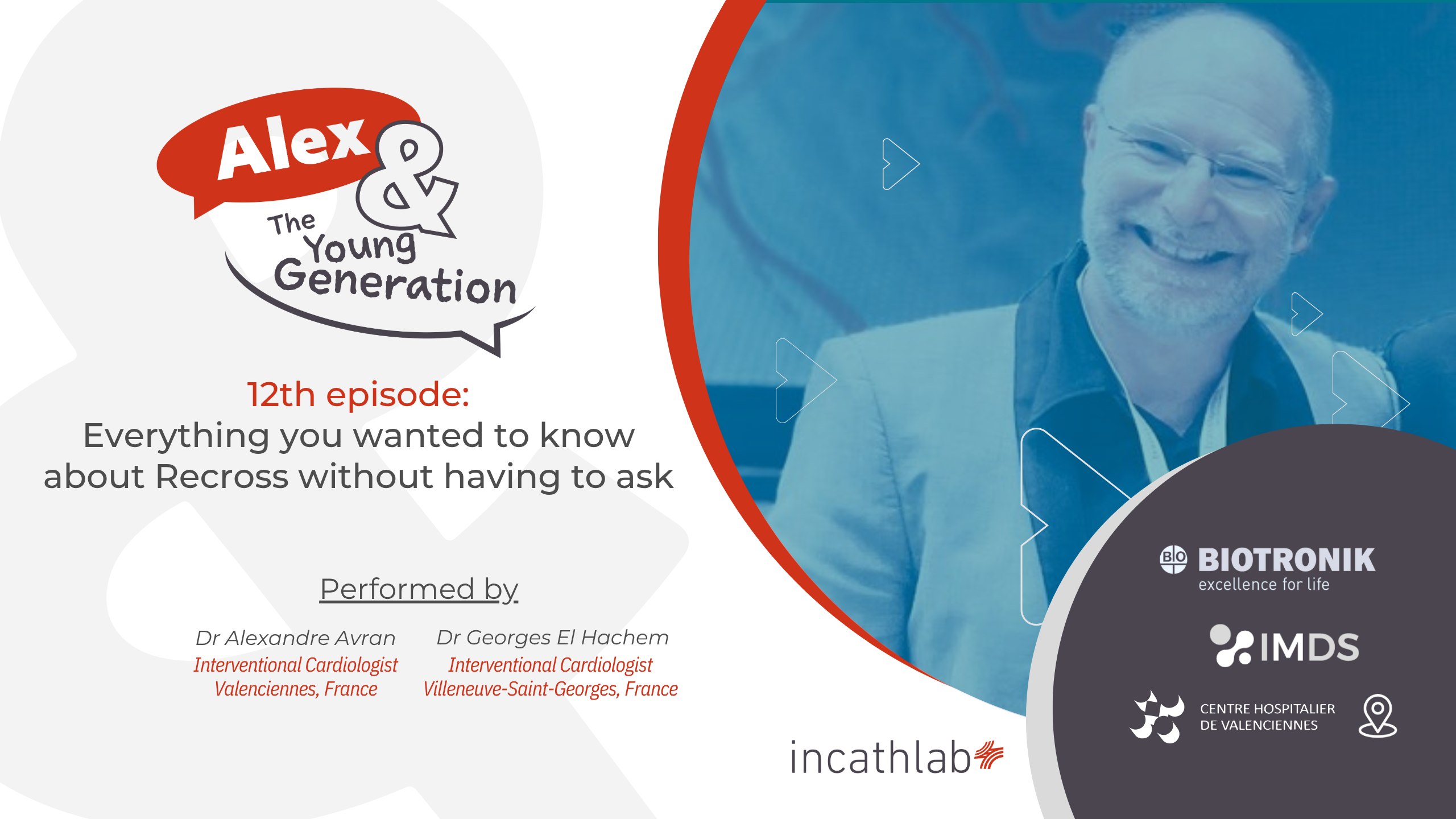
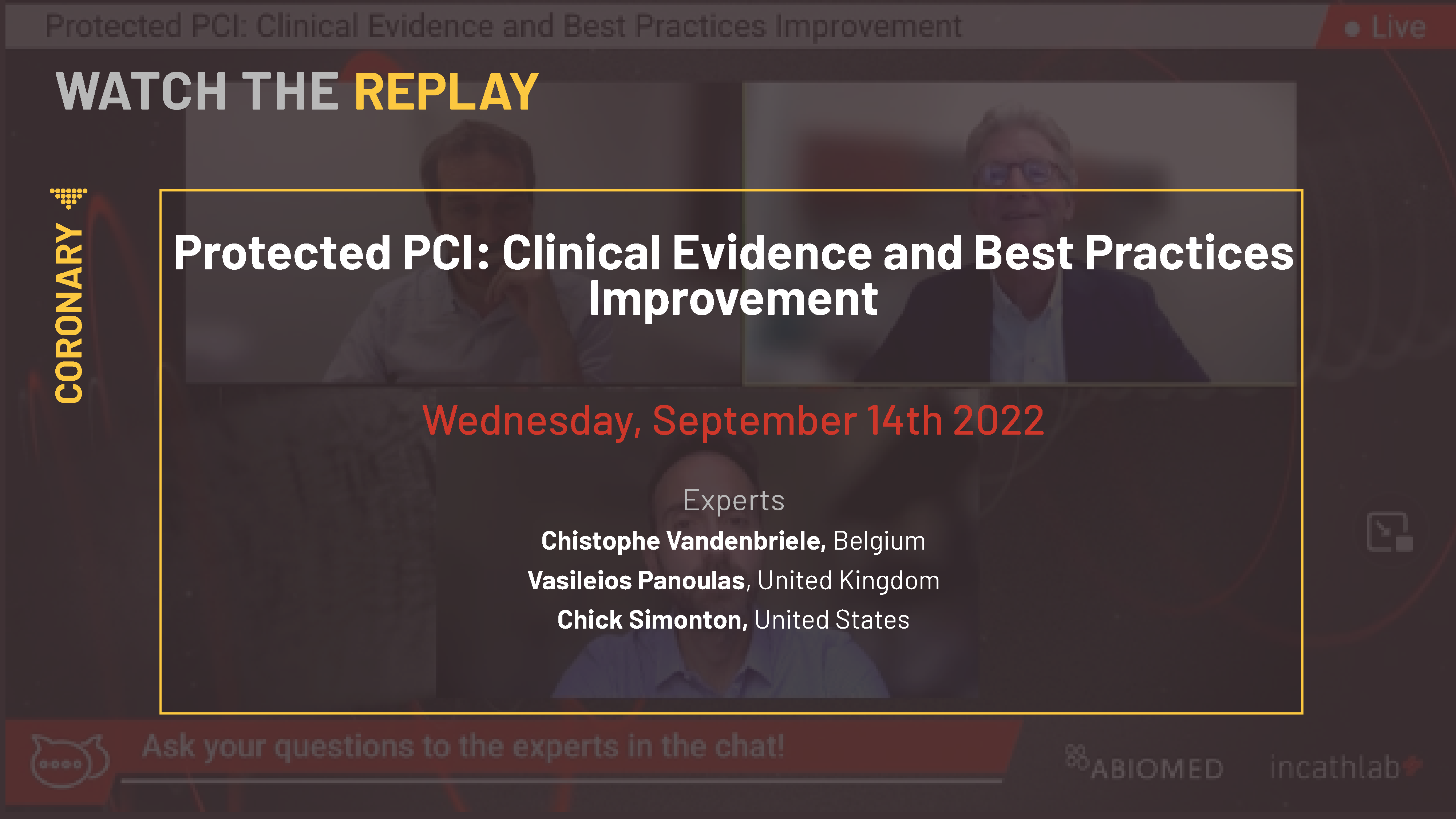
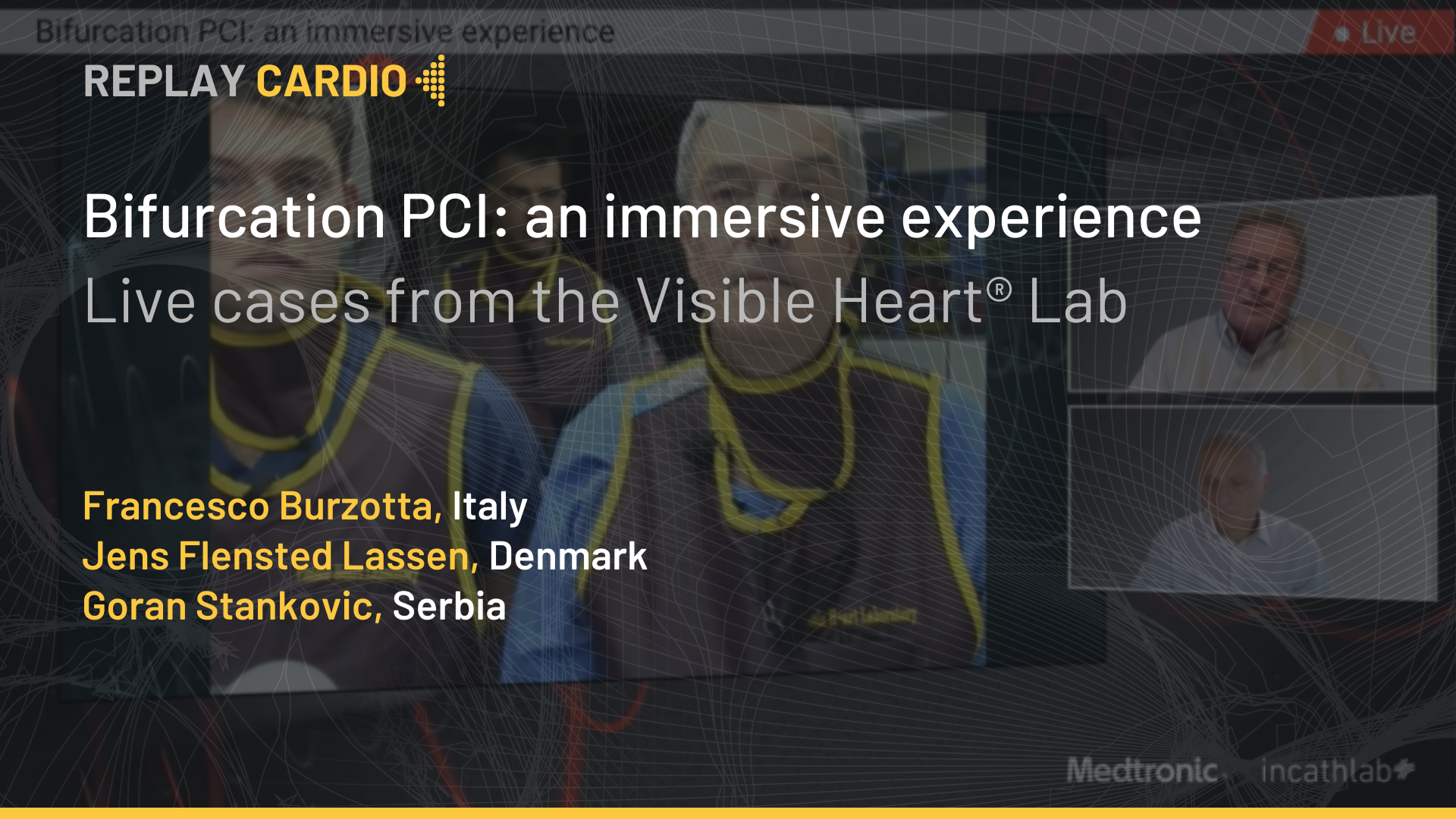
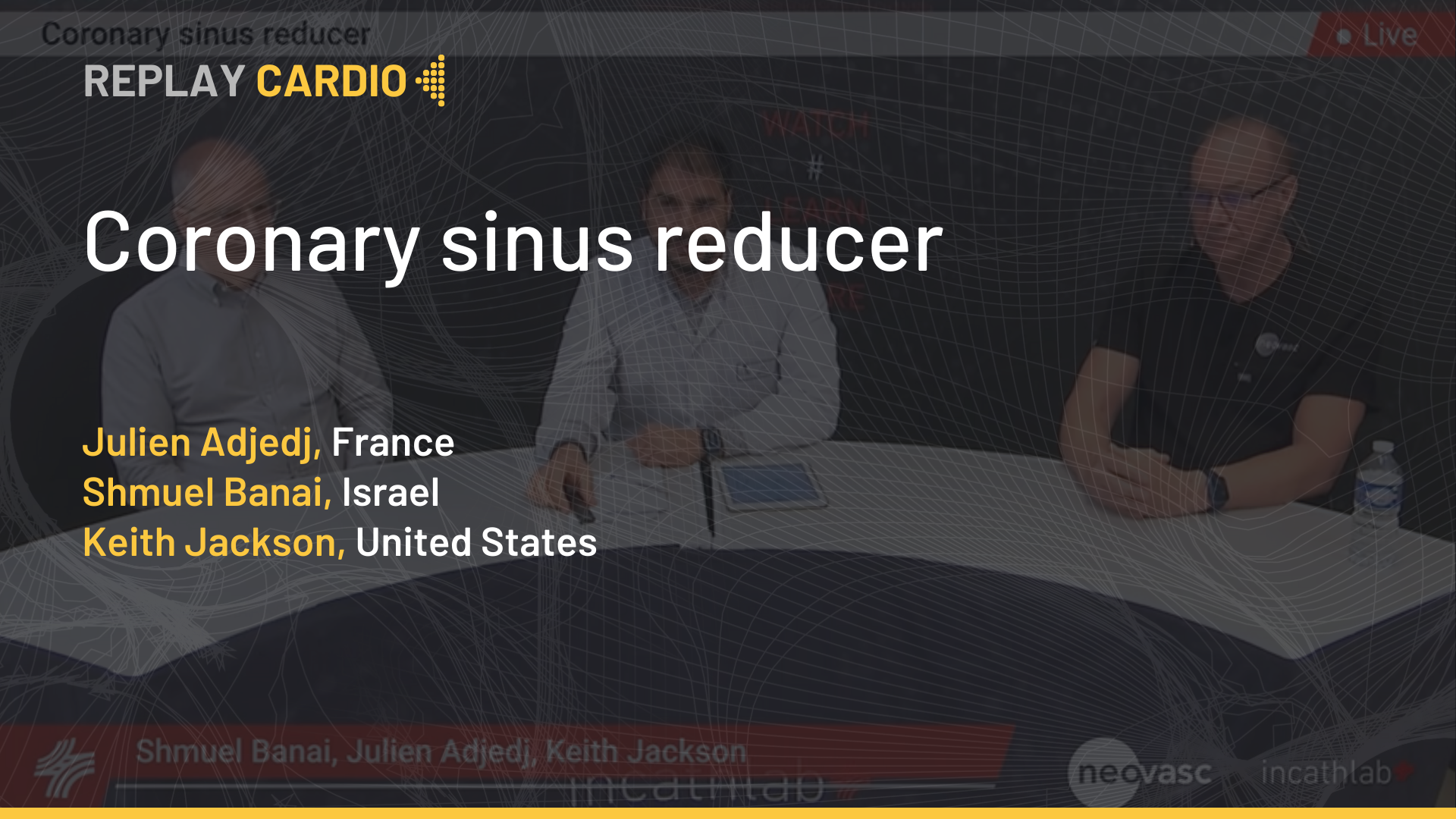
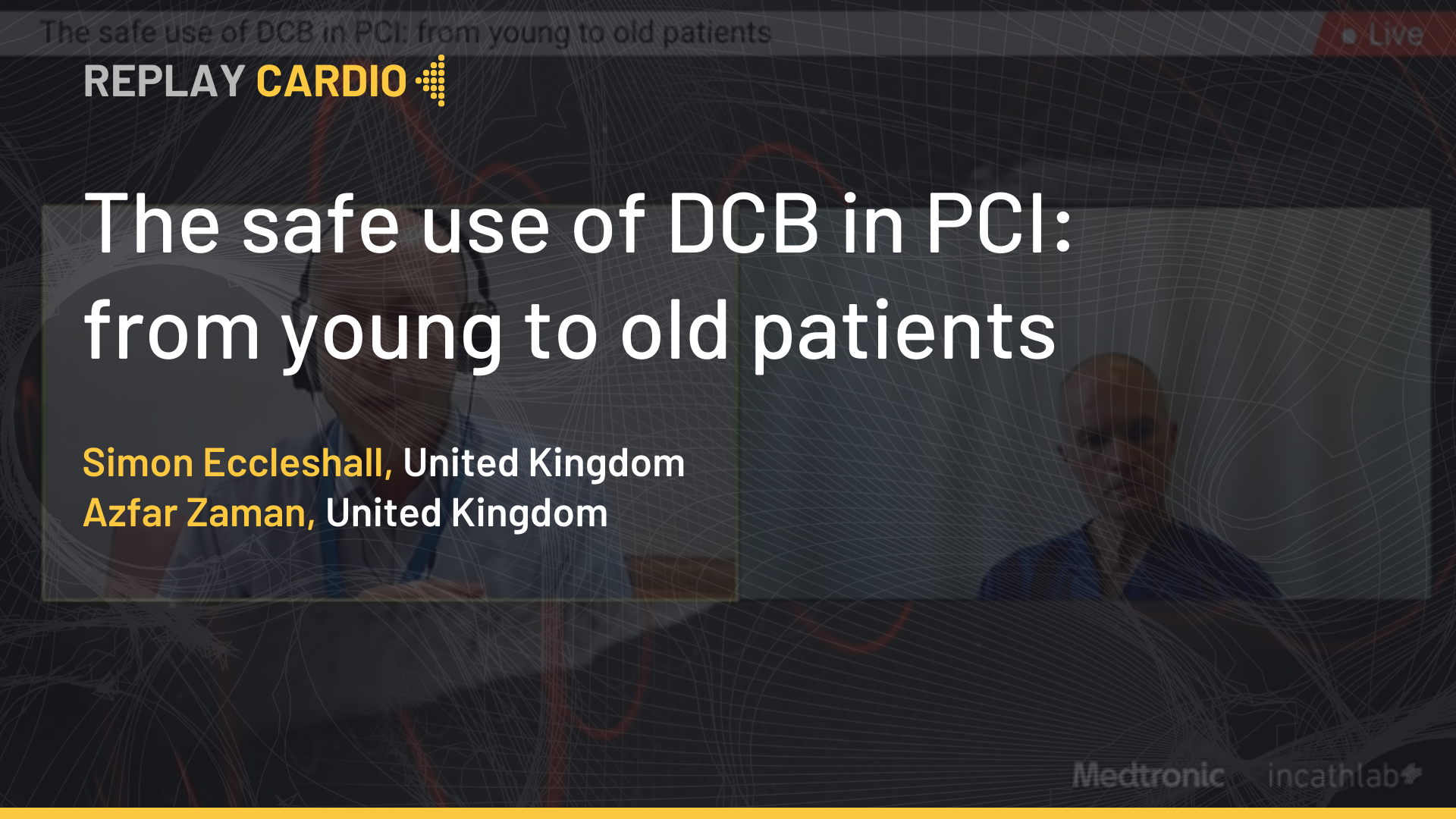
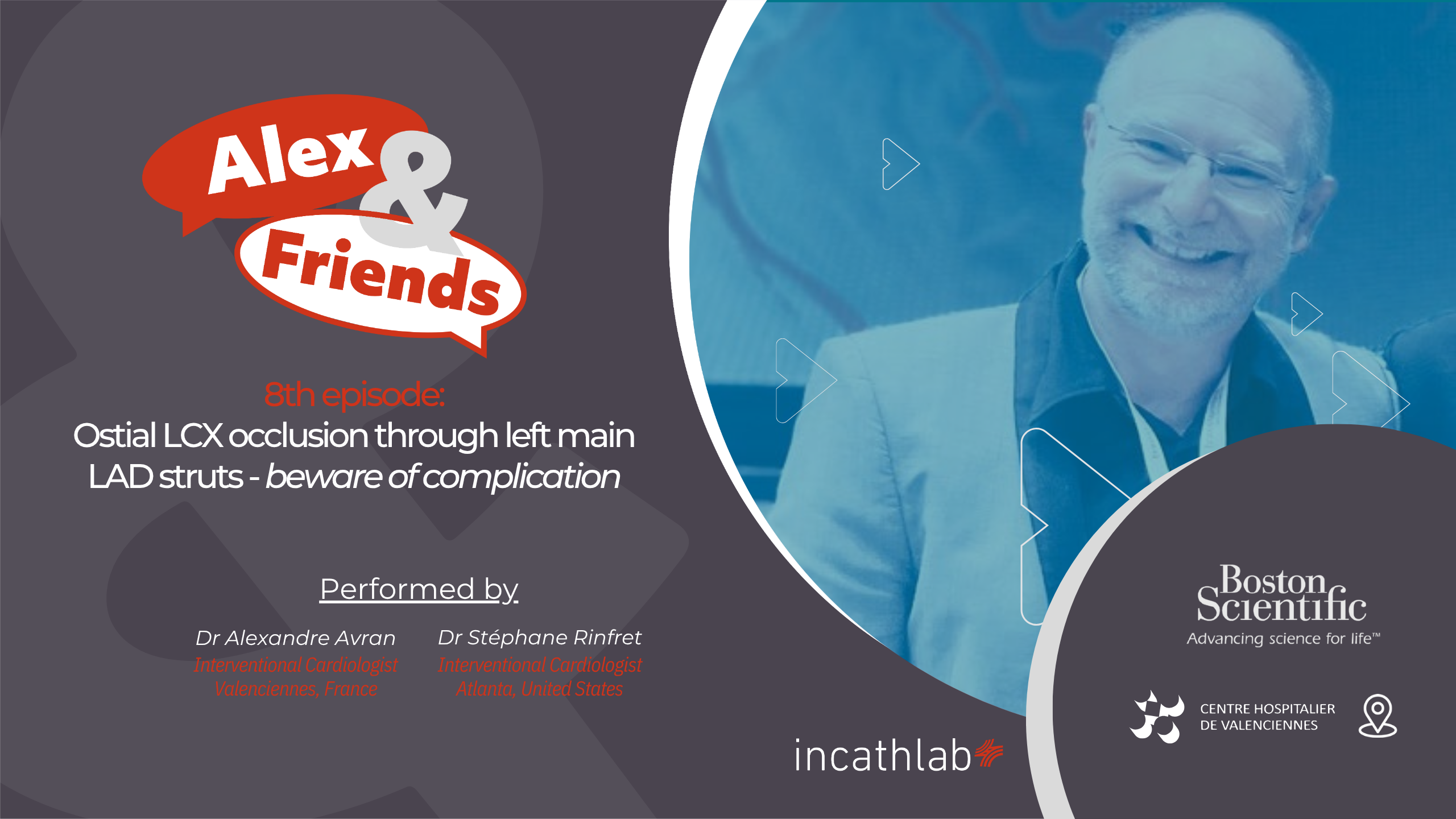
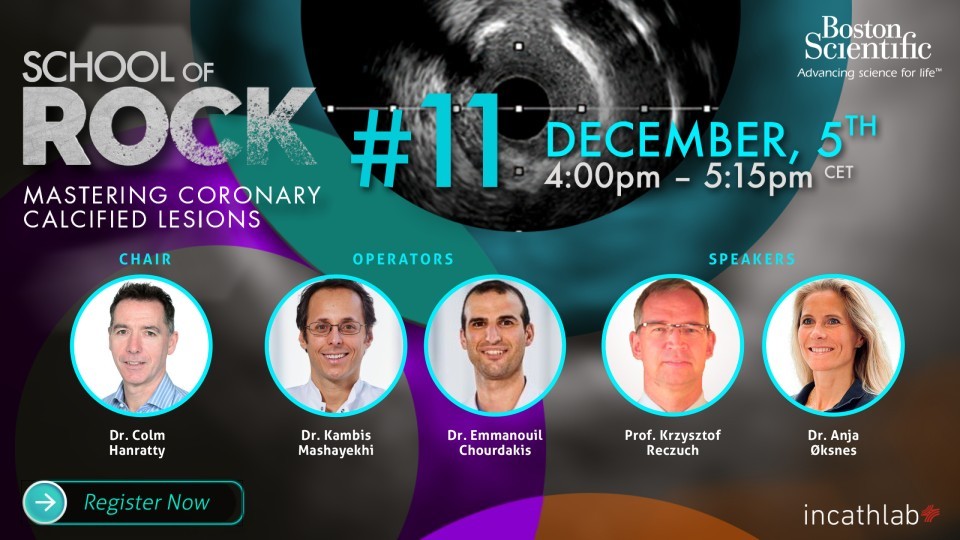
Sajal B. Waiting eagerly to join.Best wishes.
Sajal B. How can I get the CME Credit?
Thomas W. Hello Sajal, you will receive soon a Test with a MCQs to claim the CME Credit.
Sajal B. Very exciting & useful webinar.